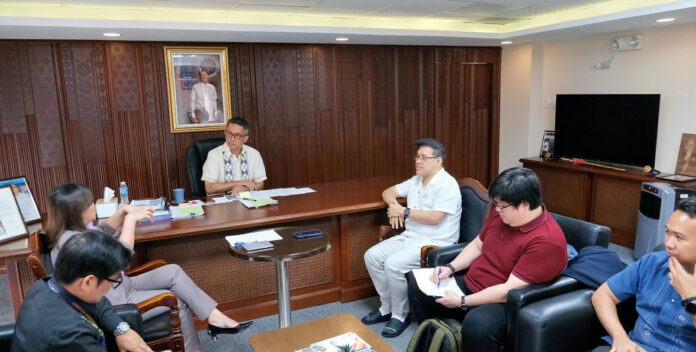The Philippines has secured USD10 million from the UN-backed Adaptation Fund (AF) to boost the resilience of coastal communities in Tawi-Tawi. Approved during the AF’s 44th board meeting in Bonn, Germany earlier this month, the project marks a critical step in aligning national adaptation efforts with global climate finance mechanisms.
Titled “Harnessing the water-energy-food nexus to address and adapt to climate change impacts in Tawi-Tawi,” the initiative aims to enhance water security and strengthen local livelihoods in the municipalities of Sibutu and Sitangkai. Central to the plan is the deployment of resilient water systems powered by renewable energy, along with capacity building in sustainable resource management and knowledge sharing for national scaling.
Led by the Department of Environment and Natural Resources (DENR), with implementation by the United Nations Industrial Development Organization (UNIDO) and the Mindanao Development Authority (MinDA), the project integrates environmental sustainability with economic development.
“This project is fully aligned with our National Adaptation Plan, which emphasizes securing food supply while nurturing our natural resources and sustaining livelihoods,” said environment secretary Maria Antonia Yulo Loyzaga. She emphasized the importance of the water-energy-food nexus in crafting interconnected and effective climate solutions.
Finance secretary Ralph G. Recto hailed the initiative as both a breakthrough in international climate financing and a commitment to inclusive development. “This project is not only the country’s first access to the Adaptation Fund. It is, more importantly, an assertion of our promise that no Filipino will be left behind in our nation’s pursuit of climate resilience and sustainable development,” he said.
As a member of the AF Board representing Non-Annex I Parties, the Philippines now stands to expand its role in shaping climate finance strategies for developing nations.







